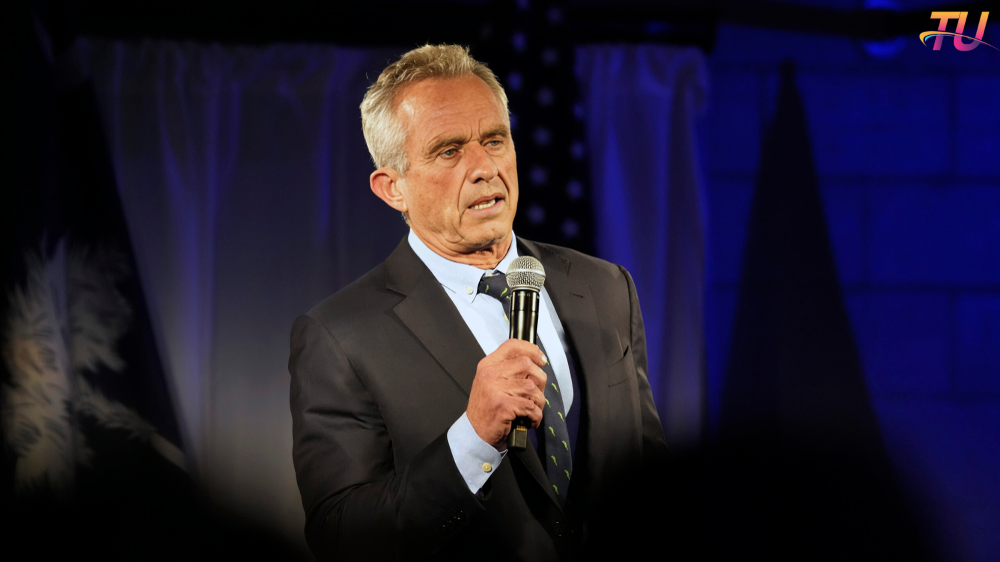Kennedy Funding Lawsuit: A Deep Dive Analysis

Kennedy Funding, renowned for its expertise in providing hard money loans, has established itself as a key player in the private lending sector. However, like any financial institution, it has encountered its share of legal disputes and challenges. This article dives deep into the Kennedy Funding lawsuit, shedding light on the critical aspects of the case, its implications, and what it means for borrowers and lenders.
Understanding Kennedy Funding’s Business Model
Kennedy Funding specializes in hard money lending, a form of asset-based financing often used for real estate ventures. Their services cater to borrowers who need swift financial solutions but may not qualify for conventional loans. Hard money lenders like Kennedy Funding evaluate the property’s value rather than the borrower’s creditworthiness, making them attractive to real estate investors.
Core Services Offered
- Bridge Loans: Short-term solutions to bridge financial gaps.
- Construction Loans: Funding for real estate development projects.
- Acquisition Loans: Financing property purchases with competitive terms.
While these services have fueled the growth of numerous projects, they have also been a source of contention in certain legal cases.
Key Allegations in the Kennedy Funding Lawsuit
The lawsuit against Kennedy Funding revolves around alleged issues with contract terms, transparency, and lending practices. Some claimants have accused the company of engaging in:
- Misrepresentation of Loan Terms: Borrowers allege that key conditions were not disclosed during the agreement phase.
- High-Interest Rates and Fees: Critics argue that the fees charged were exorbitant, leading to financial strain on borrowers.
- Improper Foreclosure Practices: Allegations include Kennedy Funding initiating foreclosures without adequate grounds.
Such claims highlight the need for borrowers to thoroughly review loan agreements and understand the terms before committing.
Legal Outcomes and Precedents
Case Highlights
- Plaintiff Allegations: Borrowers claimed financial losses due to alleged predatory lending practices.
- Defendant’s Defense: Kennedy Funding has consistently maintained that their lending practices align with industry standards and comply with applicable laws.
Court Decisions
In previous cases, courts have emphasized the importance of contractual transparency and upheld borrower protections. While specific judgments vary, these lawsuits often serve as a cautionary tale for both lenders and borrowers.
Impact of the Lawsuit on Kennedy Funding
The legal challenges faced by Kennedy Funding have undoubtedly shaped the company’s operations. Some key impacts include:
- Reputation Management: Lawsuits can harm a company’s reputation, prompting enhanced customer relations efforts.
- Operational Adjustments: Implementing stricter compliance measures to prevent future disputes.
- Market Perception: Maintaining investor confidence in the wake of legal scrutiny.
Despite these challenges, Kennedy Funding remains a prominent player in the private lending sector, adapting to legal and market dynamics.
Lessons for Borrowers and Lenders
For Borrowers
- Due Diligence: Always review the fine print of loan agreements.
- Consult Legal Experts: Engage professionals to evaluate terms and identify potential pitfalls.
- Negotiate Terms: Ensure clarity and fairness in loan conditions.
For Lenders
- Transparent Practices: Clearly communicate all terms to avoid misunderstandings.
- Adherence to Regulations: Stay updated on legal requirements to ensure compliance.
- Customer-Centric Approach: Foster trust by prioritizing borrower interests.
FAQs
1. What is the Kennedy Funding lawsuit about?
The lawsuit involves allegations of misrepresentation, high fees, and improper foreclosure practices in Kennedy Funding’s lending operations.
2. How does hard money lending work?
Hard money lending focuses on the value of the collateral (usually real estate) rather than the borrower’s credit history, offering faster approval processes.
3. What should borrowers consider before choosing a hard money lender?
Borrowers should evaluate the lender’s reputation, thoroughly review terms, and consult legal experts to understand potential risks.
4. How has Kennedy Funding responded to these allegations?
Kennedy Funding has defended its practices, emphasizing compliance with industry standards and maintaining that it operates transparently.
5. What are the potential outcomes of such lawsuits?
Legal outcomes can range from monetary settlements to operational changes within the lending company, depending on the court’s findings.
Conclusion
The Kennedy Funding lawsuit serves as a significant reminder of the challenges and responsibilities inherent in the hard money lending industry. While Kennedy Funding has faced allegations of misrepresentation, high fees, and foreclosure disputes, the outcomes of these legal cases emphasize the importance of transparency, fairness, and adherence to regulations.
For borrowers, the key takeaway is to conduct thorough due diligence, seek professional advice, and ensure clarity in all financial agreements. On the other hand, lenders must prioritize ethical practices and transparent communication to maintain trust and compliance in an increasingly scrutinized sector.
As Kennedy Funding continues to navigate the legal and reputational impacts of these challenges, its story highlights the broader dynamics of risk and responsibility in private lending. Ultimately, fostering trust and accountability benefits both parties, ensuring a more stable and equitable financial landscape for all stakeholders.



0 Comments